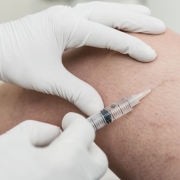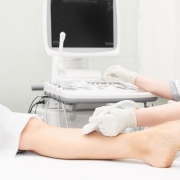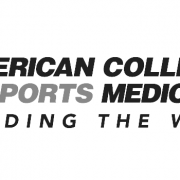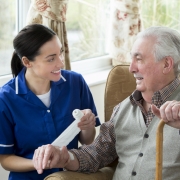Different Treatment Options for Restless Leg Syndrome
Restless legs syndrome (RLS) is a condition characterized by an uncomfortable sensation that gives you an irresistible urge to move your legs. This is most noticeable at night, when you’re relaxing or in bed.
If you’re having mild symptoms of RLS, it may be more like a nuisance. However, RLS may turn out to be a threat to your quality of life when it causes you to lose sleep and renders you unable to function normally.
RLS is quite common among people with vein disease, so it would prove prudent to see a vein doctor if you’re having symptoms of RLS. Your vein doctor will examine your thighs, calves, the rest of your legs, and feet and do a venous ultrasound to rule out other secondary causes and confirm a diagnosis. Your vein doctor will then proceed with prescribing any or a combination of the following treatment options.
Sclerotherapy
This treatment approach involves injecting a chemical (sclerosant) directly into your veins to irritate their internal lining, causing them to shrink and eventually disappear. Sclerotherapy may be feasible for small varicose veins.
A 1995 study analyzing the benefits of sclerotherapy found that the procedure eliminated the discomforts of RLS in 98 percent of patients.
Laser Treatment
Laser treatment can address larger varicose veins. The procedure involves the insertion of a very thin catheter into your vein to direct laser energy into its walls and close them with minimal scarring or discomfort.
During the procedure, your vein doctor will monitor the vein on a duplex ultrasound screen to ensure precision.
Vein Ligation and Stripping
Vein ligation and stripping is a minor surgery to address varicose veins.
During the procedure, your vein doctor will sedate you, then create an incision in your groin to expose the great saphenous vein (GSV). The GSV is the long vein that runs from your anklebone, along the inside of your leg and thigh, to your groin.
Your vein doctor will then create another incision farther down your leg, either in your calf or in your ankle. Your vein doctor will tie off the diseased vein (ligated) in those two places, then thread a thin plastic wire into the vein between the tied-off areas. The wire is then tied to the vein and pulled out through the lower cut, which pulls the vein out with it (stripping).
Medications
Your vein doctor may include the following medications in your treatment plan to help manage the symptoms of RLS caused by your varicose veins.
· Dopamine-Enhancing Medications
Dopamine is a chemical messenger that plays a role in muscle movement. Experts have attributed the prevalence of RLS symptoms during the night to the decline of dopamine levels that usually occurs towards the end of the day.
Dopamine-boosting medications were originally used for the treatment of Parkinson’s disease. However, research has shown that they are also effective at managing RLS symptoms, which explains why they are typically used as the mainstay of treatment for RLS.
· Opioids
Opioids activate the opioid receptors on the nerve cells in your brain, gut, spinal cord, other parts of your body, blocking pain messages sent through your spinal cord to your brain.
Doctors prescribe opioids for RLS patients because the condition appears to share the same mechanism in the central nervous system (CNS) as pain. Opioids help with mild to moderate RLS; however, they’re given in lower doses to reduce the risk of addiction.
Oxycodone and methadone are the most commonly used opioid medications for RLS, but codeine, morphine, and hydrocodone are also considered.
· Muscle Relaxants
While muscle relaxants are primarily used for muscle spasms and back pain, they are also prescribed for RLS. Low doses of muscle relaxants are sometimes used in conjunction with opioid analgesics and sleep medications to help combat RLS.
Other Conservative Interventions
To address mild to moderate cases of restless leg syndrome caused by varicose veins, your doctor may also recommend the following conservative interventions:
- Massage therapy
- Compression therapy
- Exercise
- Dietary supplements
Restless Leg Syndrome Treatment in Kansas City, MO
At Missouri Vein Specialists, Dr. Scott Darling, our board-certified vein doctor, has extensive knowledge of the diagnosis and treatment of a full spectrum of venous disorders. He will help you determine whether varicose veins are causing your restless leg syndrome symptoms.
At Missouri Vein Specialists, we offer an array of treatment options to address your varicose veins—and ultimately your RLS—so you can sleep better and function normally.
To arrange a consultation with Dr. Darling, call us at (816) 792-3400, or use our appointment booking tool.












